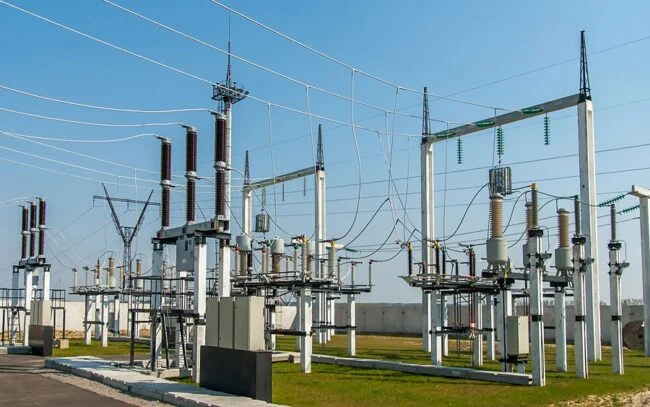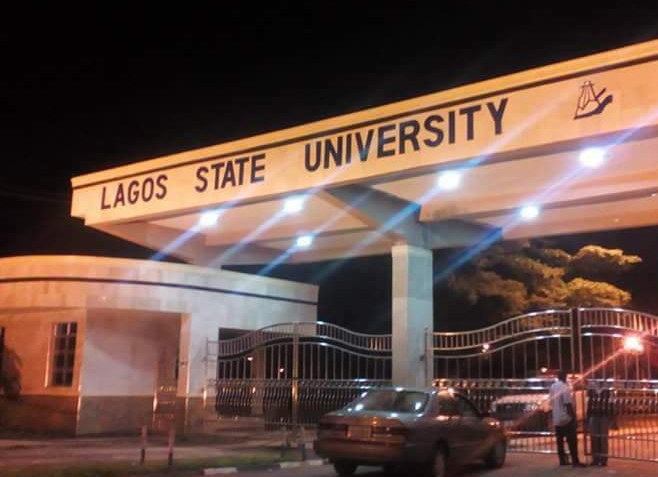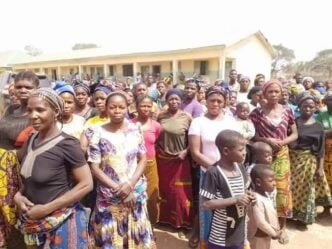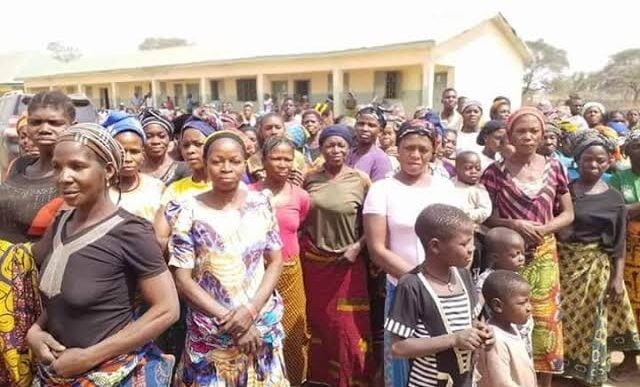BY OGUNTOYE OPEYEMI
In December 2012, the nation woke up to the news of a significant milestone in Nigeria’s electricity sector. The Nigerian Electricity Regulatory Commission (NERC) announced a new generation peak of 4,000 MW. Media outlets such as Vanguard and ThisDay amplified this achievement, as the government proudly added it to its list of good governance milestones. Yet, despite this progress, available data showed that billions of dollars had already been spent in the sector, from both government allocations and private investments.
Exactly a year later, under President Goodluck Jonathan’s administration, electricity privatisation was prioritised. The government launched a transformative agenda for the power sector. In collaboration with NERC, a committee was set up to give prominent Nigerians the opportunity to help fix the sector. The generation and distribution value chains were privatised in 2013. According to the government, this move was expected to consolidate the achievements already recorded, particularly the 4 GW milestone. Fast forward 13 years, and the promised transformation remains elusive.
Just three months ago, NERC released its Q1 2025 report on the power sector. Shockingly, the average hourly power generation stood at just 4,568 MWh/h. Despite years of reforms under Presidents Jonathan, Buhari, and now Tinubu, progress remains marginal. Even more alarming is the public’s muted response — a general acceptance of mediocrity in a sector so vital to national development.
Advertisement
Many are now asking: What has the regulator done to improve the sector’s consistent underperformance?
In the 1990s, Nigerians had limited options — they either relied on the unstable national grid or resorted to diesel and petrol-powered generators. But with global advancements, the energy landscape has evolved. Today, individuals and businesses can generate power through solar, wind, hydro, or gas technologies. Despite this, the power sector’s core — the national grid — has remained stagnant.
Nigeria has never lacked policies. We have brilliant minds who have spent years crafting energy frameworks and proposing diverse energy mixes. However, what has always been missing is political will and leadership — the critical vacuum impeding real transformation.
Advertisement
The Jonathan administration had a chance to create a lasting legacy, but allowed politics to override national interest. The privatisation process was reportedly influenced by politics, with certain unqualified bidders being favoured. Additionally, the government retained electricity subsidies, largely to secure re-election support. As someone who has spent nearly a decade in the sector, it was easy to see how politics undermined what could have been a national success story.
The Scriptures aptly ask, “When the foundations are being destroyed, what can the righteous do?” The government, in its own magnanimity, charted a course that ultimately enriched a few and set the nation on a darker, more uncertain path.
The Nigerian electricity industry has failed in numerous ways. NERC, as the sector’s regulator, has consistently rolled out unsustainable and untested policies, especially around metering, customer connections, and generation. Public trust in the regulator has eroded, with many seeing NERC as more aligned with distribution companies (DisCos) than with consumers.
While NERC publishes an impressive array of regulations on its website, these policies often remain paper tigers, lacking in enforcement and impact. In 2024, the minister of power warned DisCos against overbilling and the unauthorised reclassification of customers across tariff bands without a corresponding increase in supply. Yet, those directives lost momentum within weeks.
Advertisement
Since its inception in 2005, NERC has introduced four different metering regulations. The frequent changes — from the Credited Advance Payment for Metering Implementation (CAPMI) to the Meter Asset Provider (MAP), the National Mass Metering Programme (NMMP), and now the Smart Metering Regulations — suggest a lack of consistency and seriousness. Despite these efforts, Nigeria still hasn’t reached 60% metering coverage. Worse still, many metered customers do not receive more than six hours of electricity daily. This is unacceptable, and the regulator must take responsibility.
If NERC were a research institution, one would expect a thorough methodology behind each decision: data-driven surveys, stakeholder engagement, and impact studies. Yet, its policy approach often feels like a gamble, with little real-world impact felt by Nigerians.
Leadership demands bold, future-focused decisions. When Lee Kuan Yew became Singapore’s first prime minister in 1959, the country was poverty-stricken, crime-ridden, and racially divided. His unpopular but visionary policies — like the Central Provident Fund (CPF), which mandated workers to save 20% of their income — sparked protests. Yet, by the 1990s, even critics admitted, “Lee Kuan Yew was right.” The CPF system now secures the retirement of millions of Singaporeans.
No meaningful reform is ever easy. But bold leaders implement them because the long-term benefits outweigh short-term discomfort. When President Tinubu removed the fuel subsidy on his inauguration day, many experts criticised the timing. But today, most Nigerians agree the decision was necessary. Imagine having such decisive leadership applied to the power sector. Jonathan lacked the courage to remove electricity subsidies, and 13 years later, we’re still dealing with the consequences.
Advertisement
The current minister of power initially announced a gradual withdrawal of electricity subsidies but retreated within a year. This inconsistency undermines credibility and stalls progress.
President Tinubu has shown loyalty to his appointees. During a national broadcast, he defended the controversial minister of the FCT and recently expressed support for the minister of works during the Lagos-Calabar coastal road project commissioning. Unfortunately, no such praise has been extended to the ministry of power, for good reason. The sector continues to progress at a snail’s pace, much like it did under past administrations.
Advertisement
Nigerians have taken their energy future into their own hands. In cities and villages alike, individuals are installing off-grid solar systems to serve their homes and support their extended families. Meanwhile, the business community is leveraging investments in oil and gas, particularly with the surge in natural gas availability, to power operations more reliably than the national grid can offer.
Despite these efforts, the disparity is stark. From available data, Nigerians are now generating and consuming more electricity privately than what the national grid supplies. This imbalance is unsustainable — no country can grow without a reliable, accessible public electricity system. The failure of the national grid not only affects economic productivity but also undermines national development goals.
Advertisement
Moreover, there seems to be a leadership vacuum in the federal ministry of power. The focus appears misplaced, and critical agencies under the ministry are poorly supervised. If the removal of PMS subsidies had followed the same hesitant pace as the electricity sector reforms, we would still be trapped in a cycle of inefficiency today.
Nigerians are now enjoying competitive access to petrol, thanks to the subsidy removal. Similarly, the naira-dollar unification policy by the Central Bank of Nigeria (CBN) — another bold, front-loaded reform — enabled the clearing of airline backlogs and foreign debt obligations. These successes were driven by the President’s boldness and the foresight of advisers who presented strong feasibility studies.
Advertisement
In contrast, the power sector lacks both the bold leadership and strategic planning necessary to make real progress. Neither the minister nor NERC has been able to deliver a compelling roadmap that convinces the President of the urgency and viability of power sector reform.
The war on Nigeria’s electricity crisis is not one that can be won by policies alone. It requires courage, consistency, and leadership rooted in national interest, not political expediency. Until the regulators, policymakers, and public leaders align on this vision, Nigerians will continue to provide their own power while the national grid remains a relic of missed opportunities.
The time for excuses has long passed. The time for results is now.
Oguntoye Opeyemi can be contacted on Twitter: @EquityOyo
Views expressed by contributors are strictly personal and not of TheCable.











